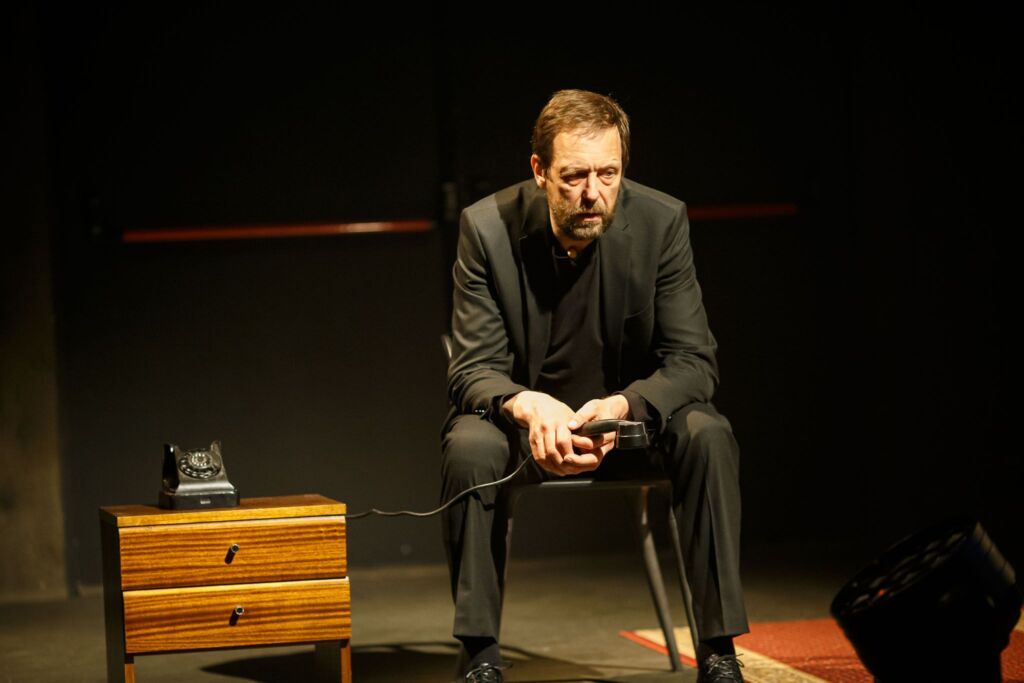Somebody from KGB
Free Stage/Estonian National Museum
Danila says, “When I watched ‘Star Wars’ when I was 12 years old, I found myself thinking that I was looking at the situation from only one side. You look at the Death Star, you see Darth Vader and you’re being told that they’re all bad. So we’re afraid of them. But it would be so interesting to watch a film about how people live on board of the Death Star. They must be thinking something. Worrying, talking about something. Darth Vader must have feelings too. My entire life, I’ve heard people say that KGB is something terrible. That’s probably why I’ve always wanted to understand the chemistry behind their ‘fear’ – that thing that evokes fear in us.”
In the 1980s, then Estonia, Latvia and Lithuania became independent, the Baltic KGB found itself in a paradoxical situation. Never before had a powerful and strong Soviet Union organisation been disbanded in only a few days.
KGB disappeared but the people who worked there remained. They had served the Soviet Union for a long time and had gained a special position. And now, all of the sudden, they found themselves in a completely different world. The fates of the Baltic KGB agents varied. Some of them left, some started working for the special services of the new state, some killed themselves. Those who survived are now quite elderly. Some of them are hiding their past and others are bragging about it. There’s no rule of thumb.
We worked with an international team consisting of Russians, Lithuanians, Estonians and Latvians. We’re all from the same generation – born at the end of the 20th century which means that the entire Soviet history is just one piece of our past. We tried to find KGB collaborators from different countries and talk to them honestly. We wanted to understand what they thought about the past now that everything has changed – when the 21st century has replaced the 20th and nothing from what we had before can be brought back. What happened to these people in the whirlwind of changes? How did they perceive the changes at the time? What kind of conclusions can we draw from this and do we even need to draw them?
Cast: Ivo Uukkivi, Henrik Kalmet, Helgur Rosenthal and Martin Kõiv
Director: Dmitri Jegorov (RUS)
Dramatists: Danila Privalov (RUS), Andres Popov (EST), Alexandr Špilevoj (LT), Dan Jeršov (EST)
Scenographer: Konstantin Solovjev (RUS)
Video designer: Natalja Naumova (RUS)
Sound designer: Marten Kuningas
Lighting designer: Meelis Lusmägi
The performance consists of one two acts and lasts for 2 hours and 30 minutes.
